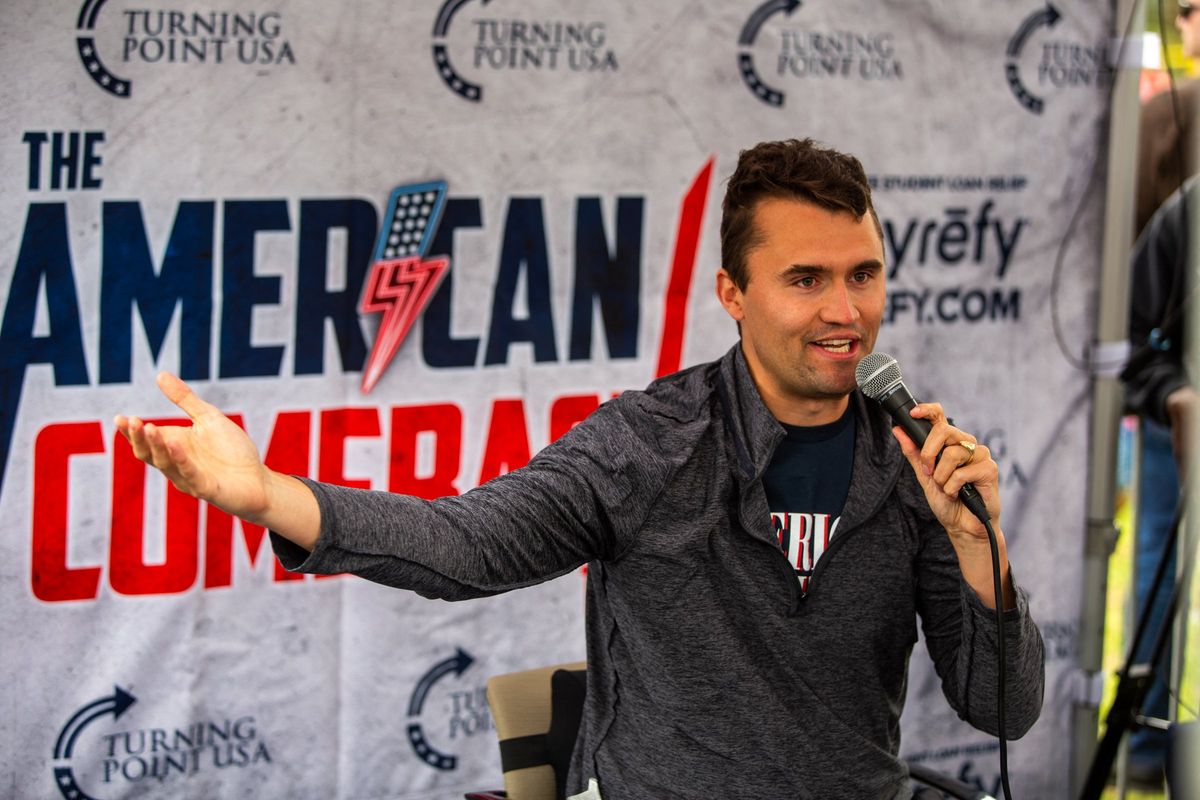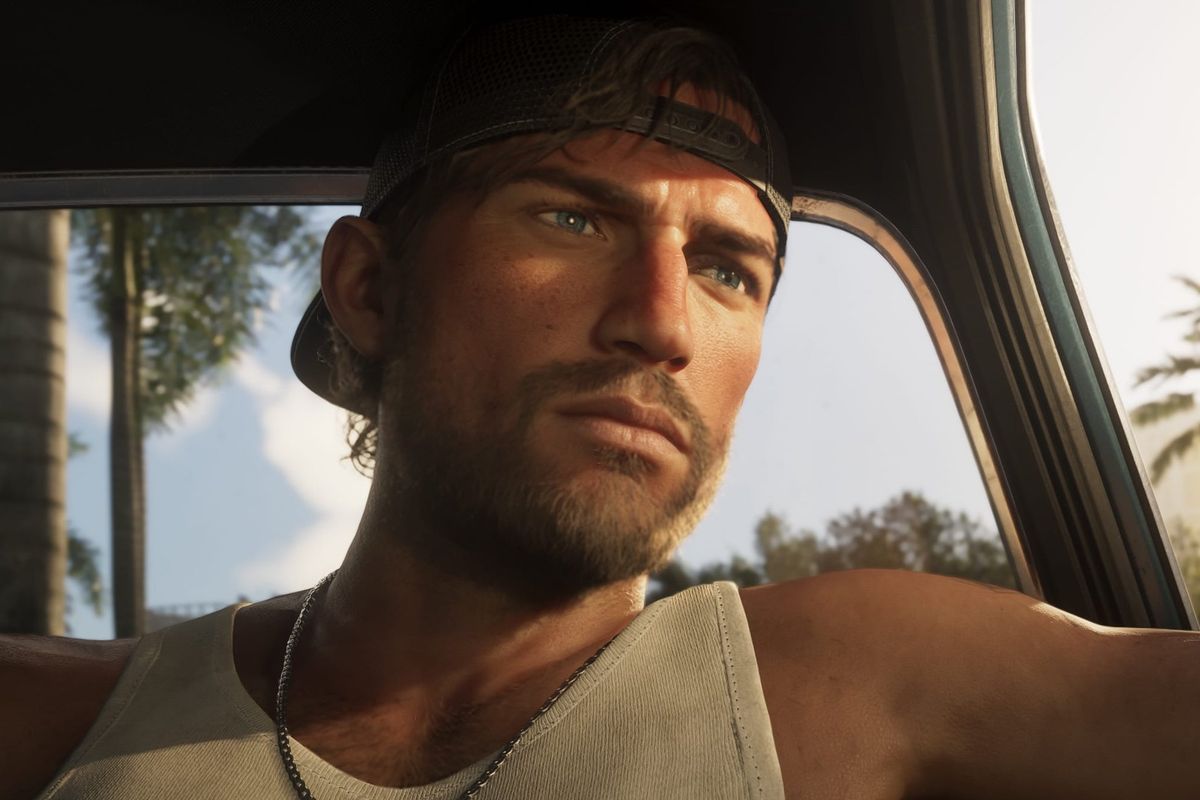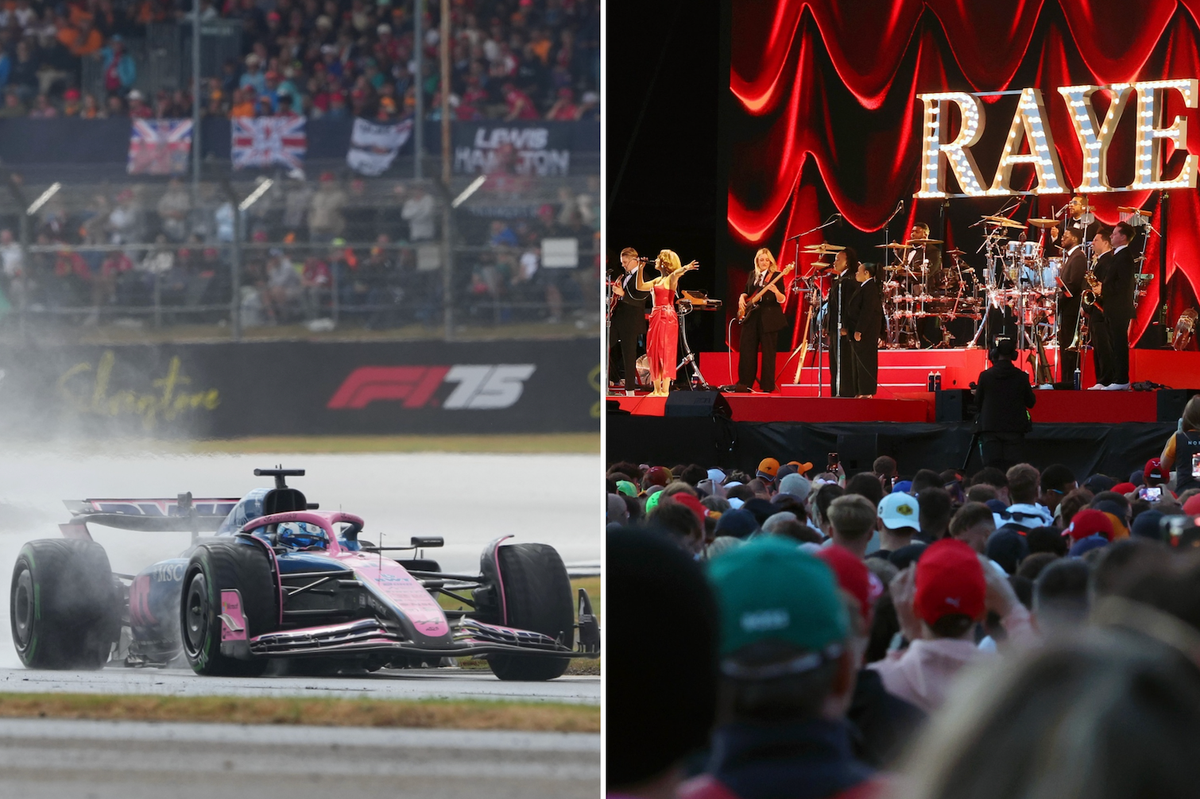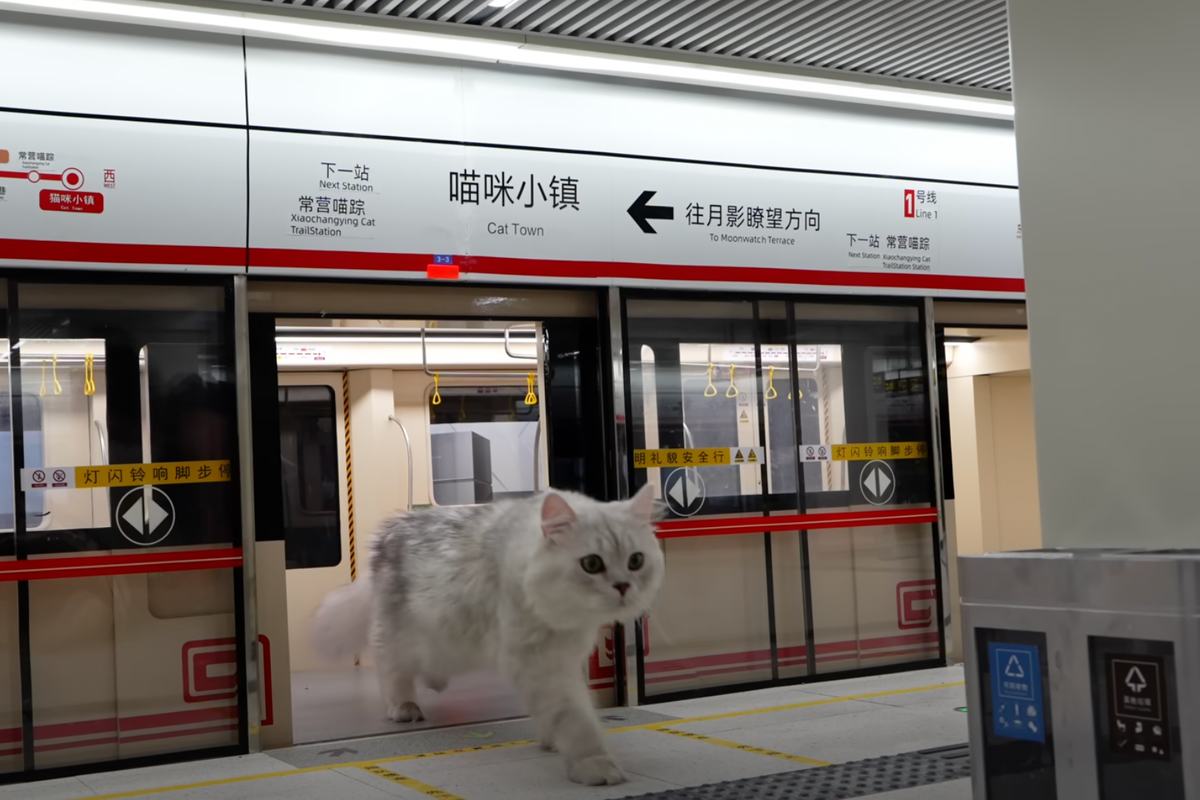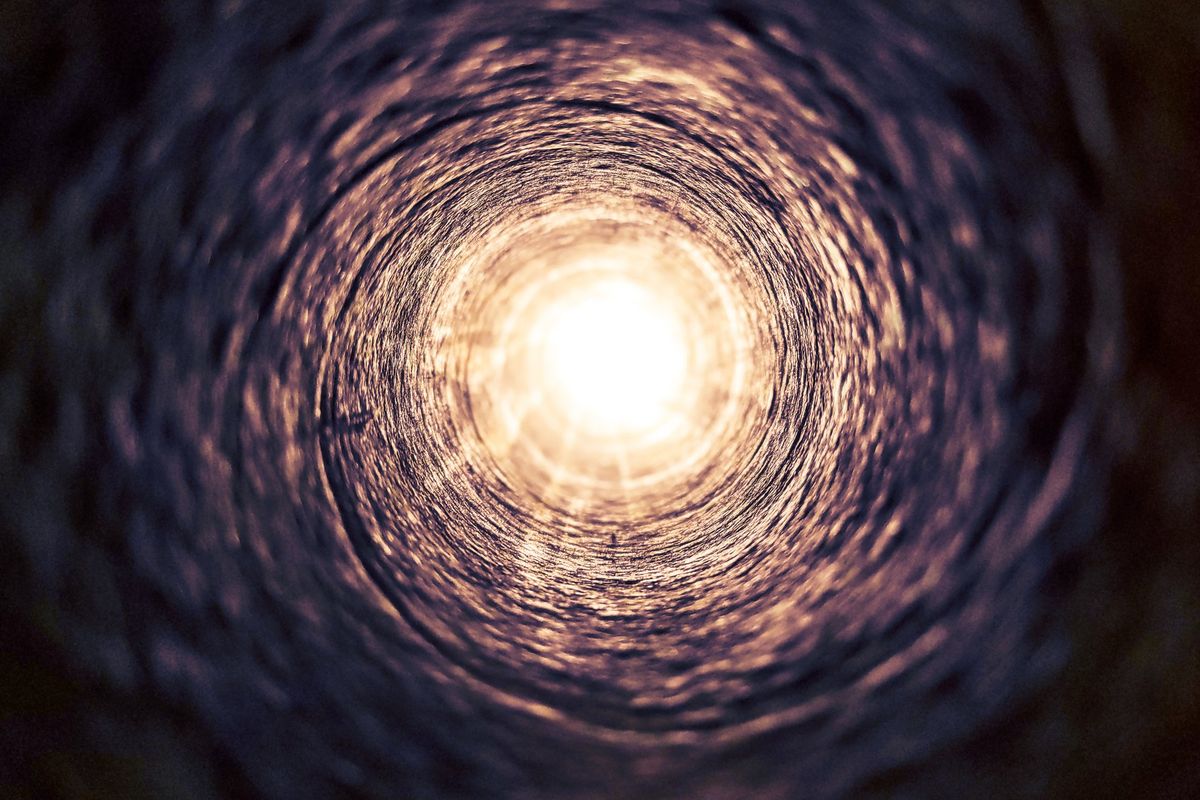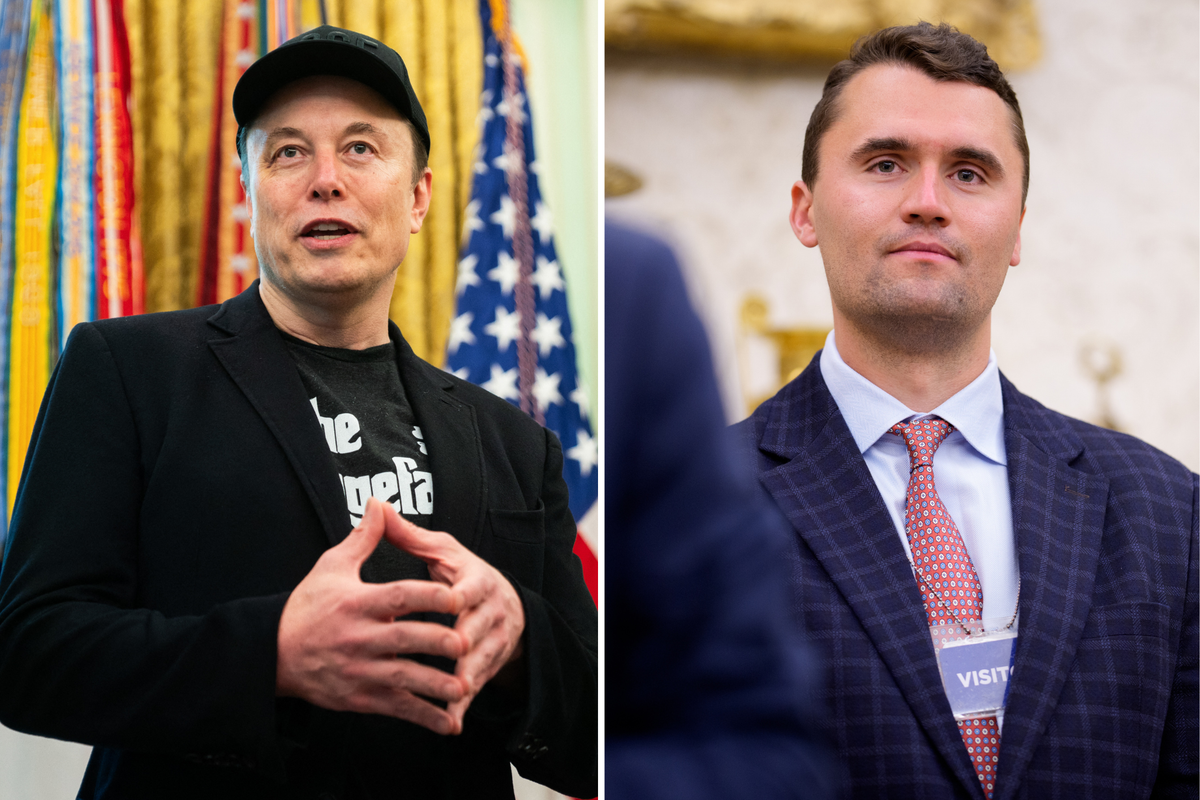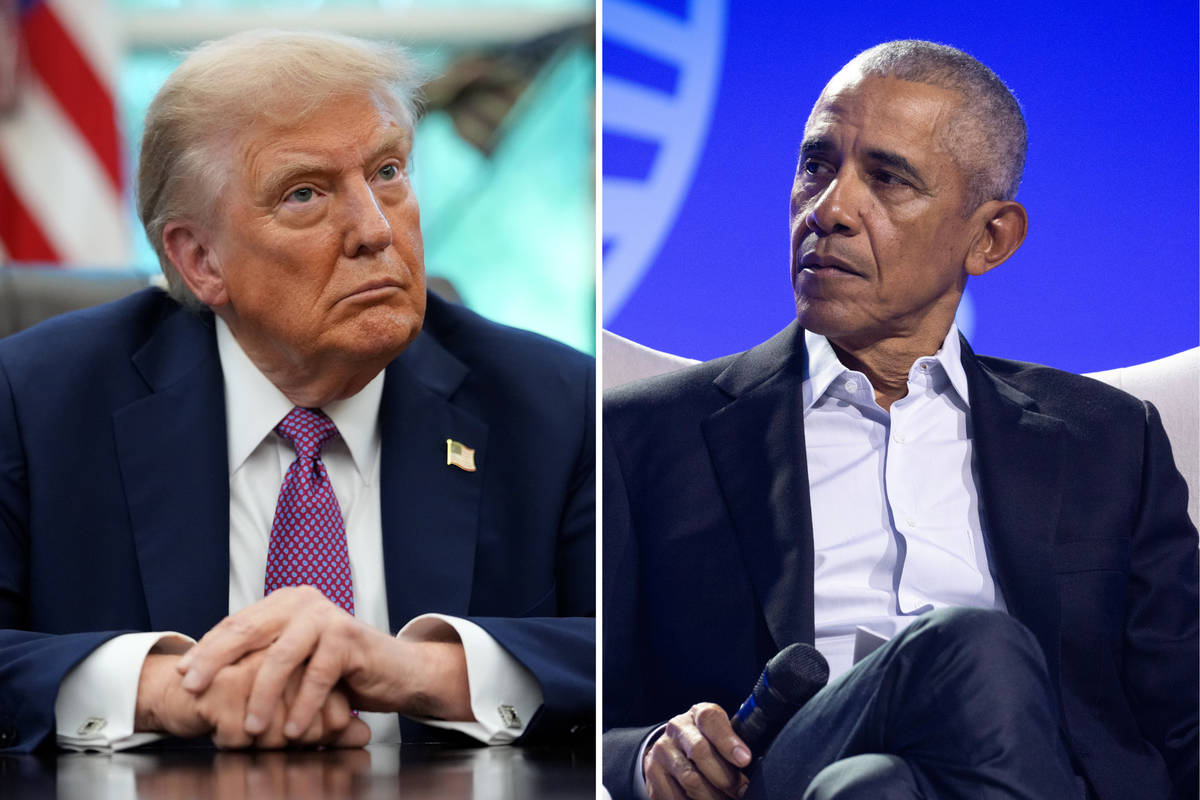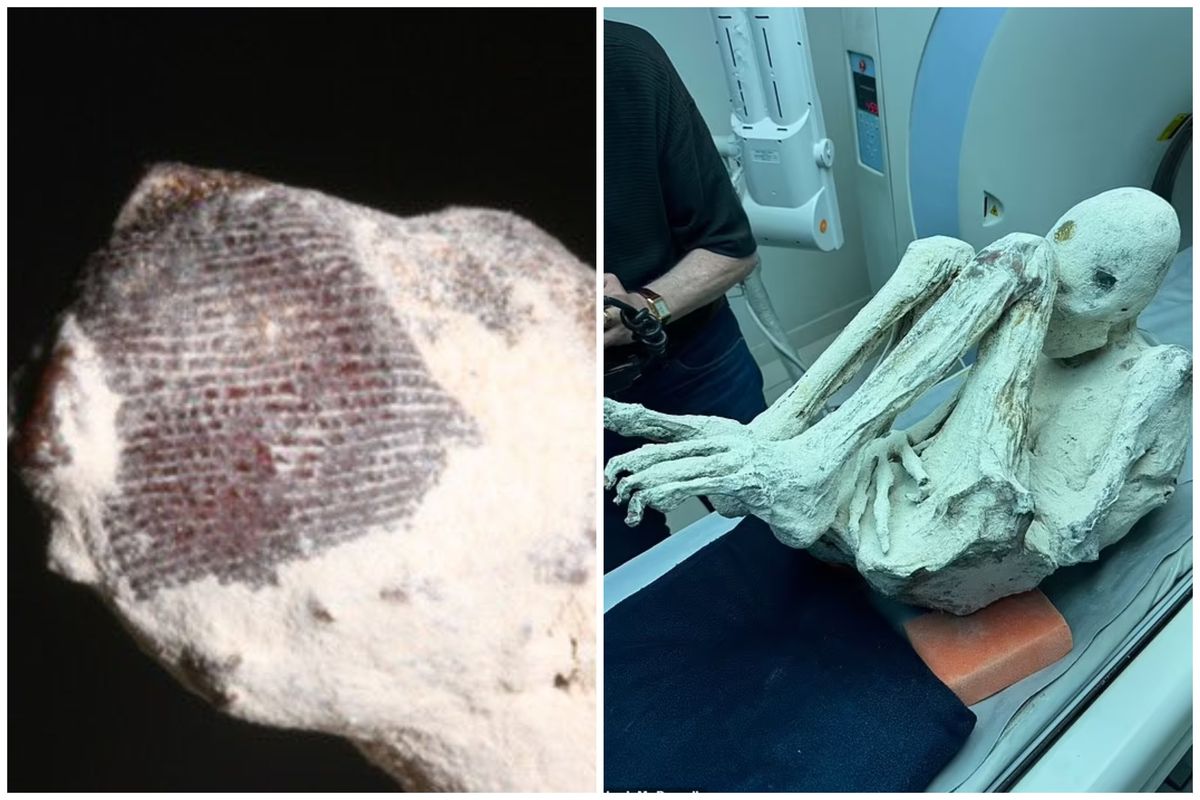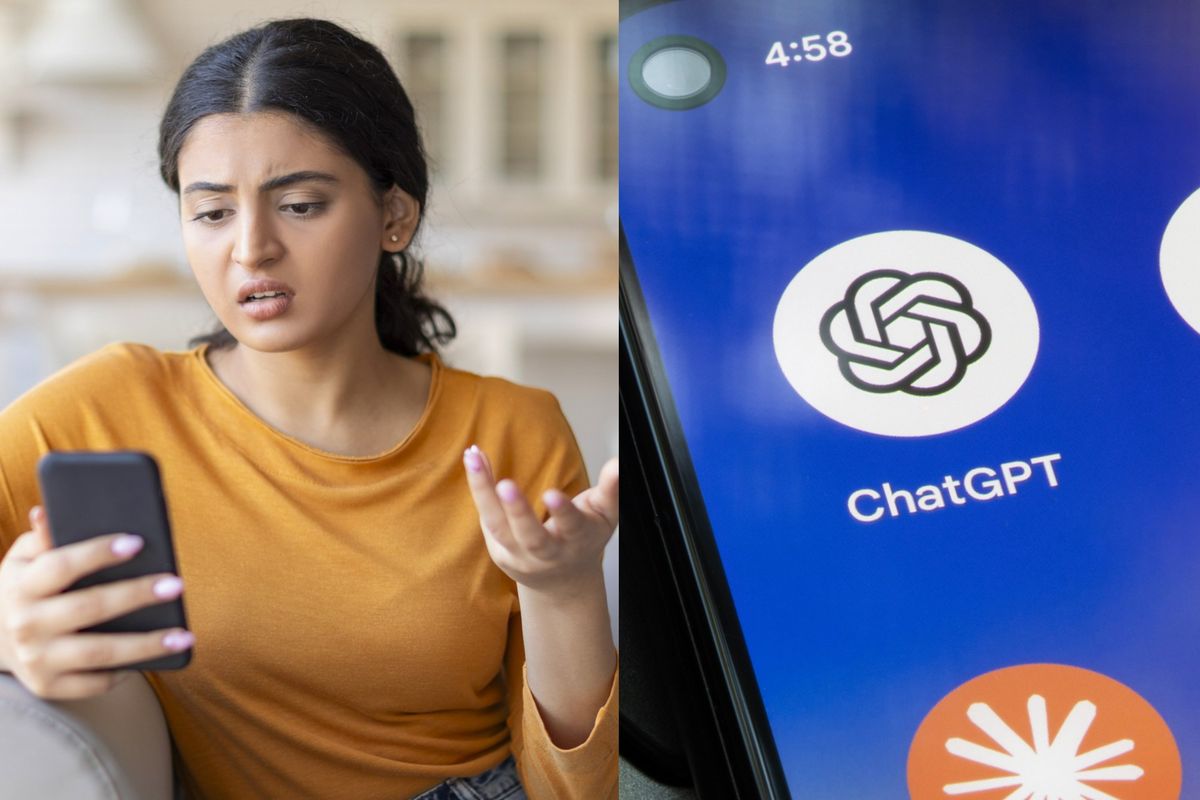News
Bethan McKernan
Aug 11, 2015
You may not even have heard of it, but the self-declared autonomous state of Rojava, in the north of Syria, is a small oasis of peace in a region otherwise devastated by war.
Rojava is a Kurdish area whose estimated four million inhabitants managed to drive out President Assad's forces when the Syrian Civil War began in 2011. Despite the growth of extremist rebel groups such as Isis around it since then, the fledgling democracy has managed to fight off the dangers and flourish.
Source: Institute for the Study of War. Rojava is represented by the purple regions in the north and north east of Syria.Rojavan government and society is both feminist and polyethnic. Provisions written into its constitution ensure each municipality must elect Kurdish, Arab and Christian representatives, and one of the three must be a woman.
The statelet is defended by the "YJA Star" feminist army, known in English as the "Union of Free Women", and is backed by PYD and YPG militia, the Syrian affiliates of the PKK, the Kurdish movement that has been fighting the state in Turkey on and off since the 1980s.
The Kurdish armies are the only military force that has had success in defeating both Isis and Jabhat al-Nusra, the Syrian branch of al-Qaeda, driving the former out of the besieged town of Kobani.
While life in Rojava is peaceful and prosperous compared to the daily horrors of many other Syrians, it isn't perfect - there can be difficulties in getting supplies in and out thanks to hostile territory on all sides, and the oil wells that used to drive the local economy are now rusty with disuse.
One of the biggest problems facing the people of Rojava is a growing electricity crisis. Several diesel generators have been supplying most of the region's power, and in the city of Amuda, according to the economic committee of the region, three of five are currently out of order.
Siham Qaryo, head of the main supervisory economic body for Jazira in Rojava, told The Independent in May that “enough crude [oil] is roughly refined to fuel big electricity generators, but petrol for vehicles is smuggled in by traders which is often risky for them”.
While the Rojavan authorities are looking for more sustainable solutions for the energy crisis, a member of the economic committee for Jazira canton who goes by the name of Bager Sam reached out to friends at the Swedish socialist movement Allt åt Alla for help - and they've launched an IndieGoGo campaign to raise enough money to send the parts needed to repair the generators all the way from Malmo.
Volodya Vagner, a member of Allt åt Alla, told i100.co.uk:
If there was a single catalysing event in recent weeks that motivated us to launch this sort of campaign, it would be the attack on Suruc. We were all very moved by that, and felt we had to do something, so that those people's deaths weren't for nothing.
An attack by Isis bombers in the Turkish town of Suruc left 32 Kurdish youth activists dead last month.
"When we then got the request from Bager Sam, we figured this was a great way to use that energy," Vagner said.
The campaign's page says that when they're up and running again, the three generators will be able to produce a total of 1320Kw and provide 800 households that are currently cut off with 10 hours of electricity a day.
It'll cost around $23,000 - a sum the campaign hopes to raise in 23 days and is currently well on target to reach, with donations pouring in from across Europe, Australia and the Middle East.
"The people of Rojava are very inspiring for us," Vagner said. "We hope this practical campaign will help."
Check out the donation page here and read more about Rojava here.
More from The Independent: War with Isis: The Kurdish forces providing a lesson in how courage, discipline and US air strikes can defeat militants in Syria
Top 100
The Conversation (0)
